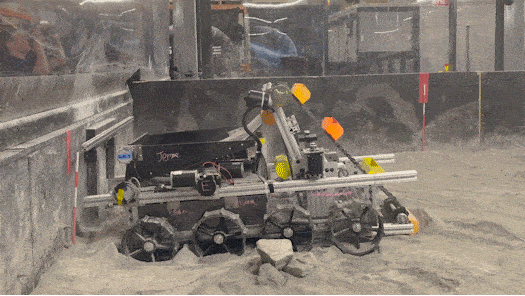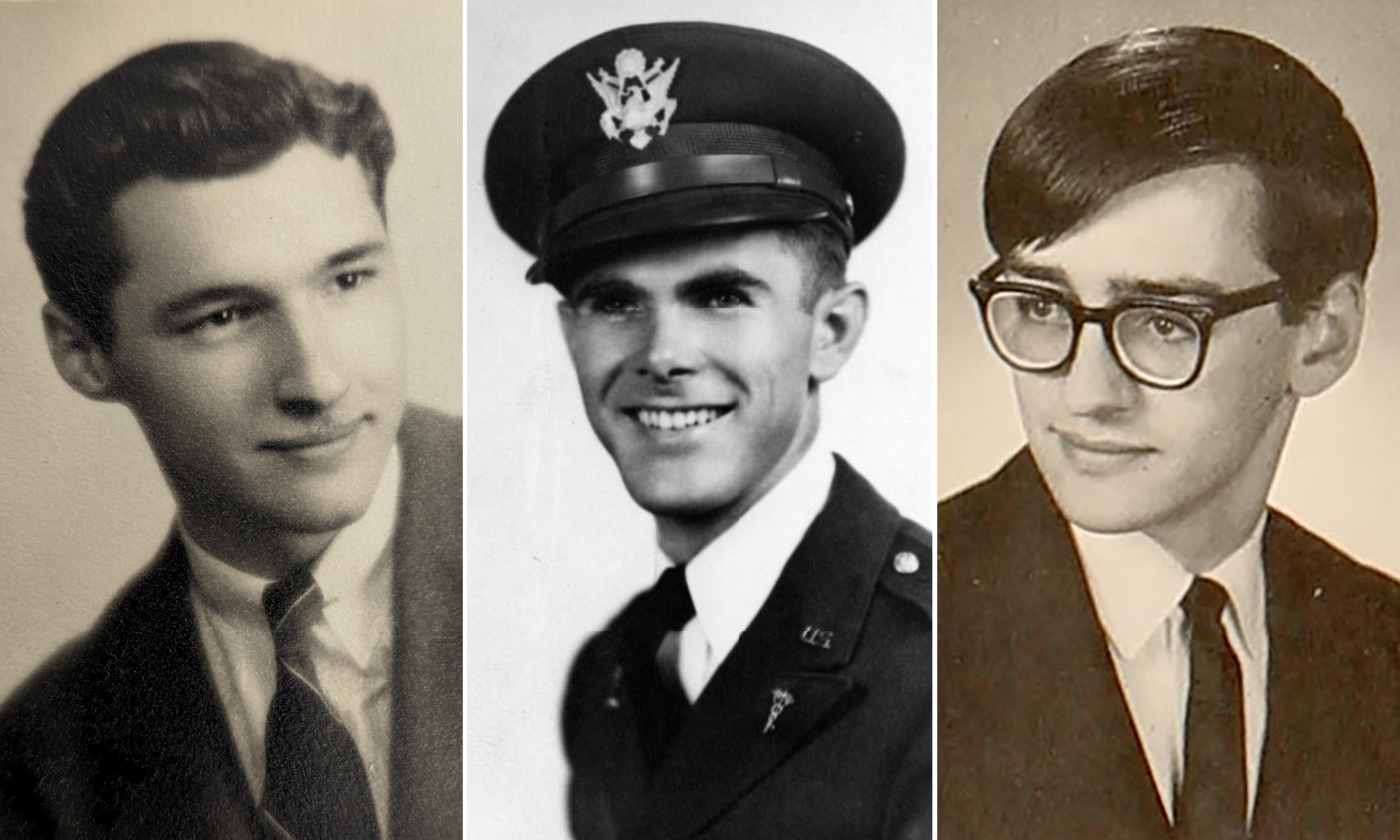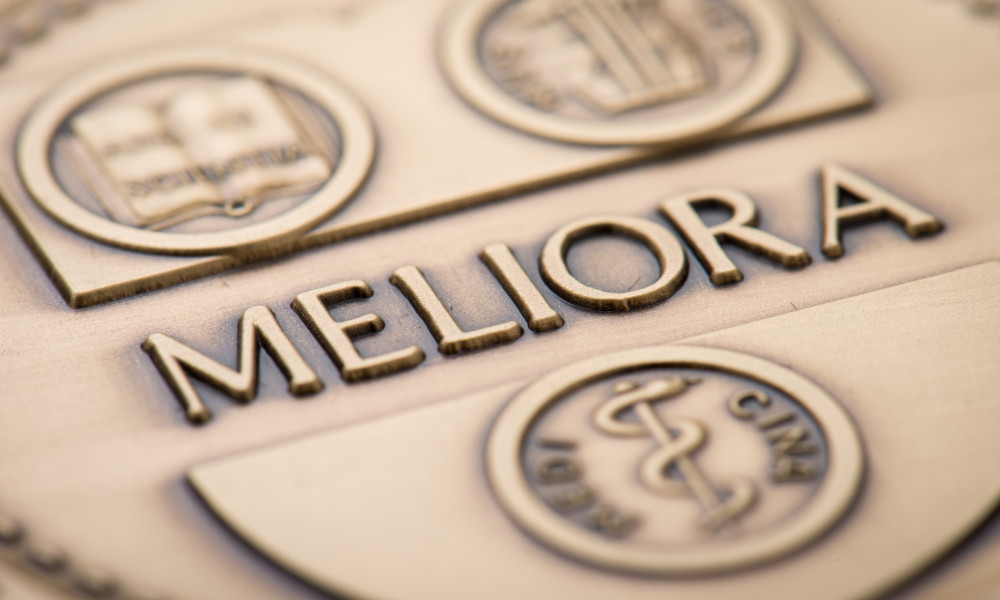A burned-out motor was a wake up call last year for the Solar Splash student team at the University of Rochester.
While the students were preparing for the annual Solar Splash World Championship of Intercollegiate Solar/Electric Boating—the oldest such competition in the world—“the motor basically overheated and melted,” says outgoing president Chris Dalke ’19.
The team never made it to the competition.
This year the team came back with a remedy: a novel telemetry system that monitors data about all the boat’s systems. The result was Rochester’s best-ever showing in the world championship competition in Springfield, Ohio, in June against 10 other teams. The Rochester team finished fifth overall. And the telemetry system won the competition’s Innovation Award.
“That motor breakdown really gave us a signal that we needed to focus more on data collection from sensors, on instrumenting the boat so we actually knew what was going on,” says Dalke, a recent graduate in computer science who has been a member of the team for four years.
With the new system, team members Dalke, Andrew Gutierrez ’19, Ben Martell ’19, Melanie Almenas ’22, and Mark Westman ’20 were able to monitor a variety of sensors such as GPS, motor temperature, battery voltage, and solar power generation, all in real time, both on the boat and on shore.
For example, “During the endurance race, both the driver on the boat and team members on shore were able to look at how much power the boat was consuming, what the battery status was, along with other readings, and then decide ‘let’s speed up a little bit,’ or ‘let’s slow down this lap.’ We were continuously tweaking our speed, and that let us maximize the distance that we went—a little over 16 miles,” Dalke says.
“I expect multiple other teams to borrow this idea for next year’s competition,” says Ethan Burnham-Fay, an assistant professor of mechanical engineering and faculty advisor for the team.
In addition to the Innovation Award, the team took home first place for this video presentation explaining how the group came up with the telemetry system, and also won the award for Most Improved Team.
Though most of the 20 students who worked on the boat at various times during the school year are engineering majors, students from all disciplines are encouraged to join the team.
“This is a project that involves programming, hull design, graphic design, and the chemistry of working with epoxy and fiberglass,” says Dalke. “We need people with business skills because we’re looking for sponsors, and people willing to update our budget and website and keep team members on task.”
Above all, the team needs, “people who want to learn,” says Gutierrez, the chief engineer who has been with the team for nearly three years. “We get to explore all the stuff that we want to, and we also get to make the mistakes that come along with that. You will learn a lot. And it’s satisfying when you figure stuff out for yourself.”
Interested in learning more about the Rochester Solar Splash team? Visit the team’s website. Students interested in joining the team should contact incoming president Mark Westman or faculty advisor Ethan Burnham-Fay.



